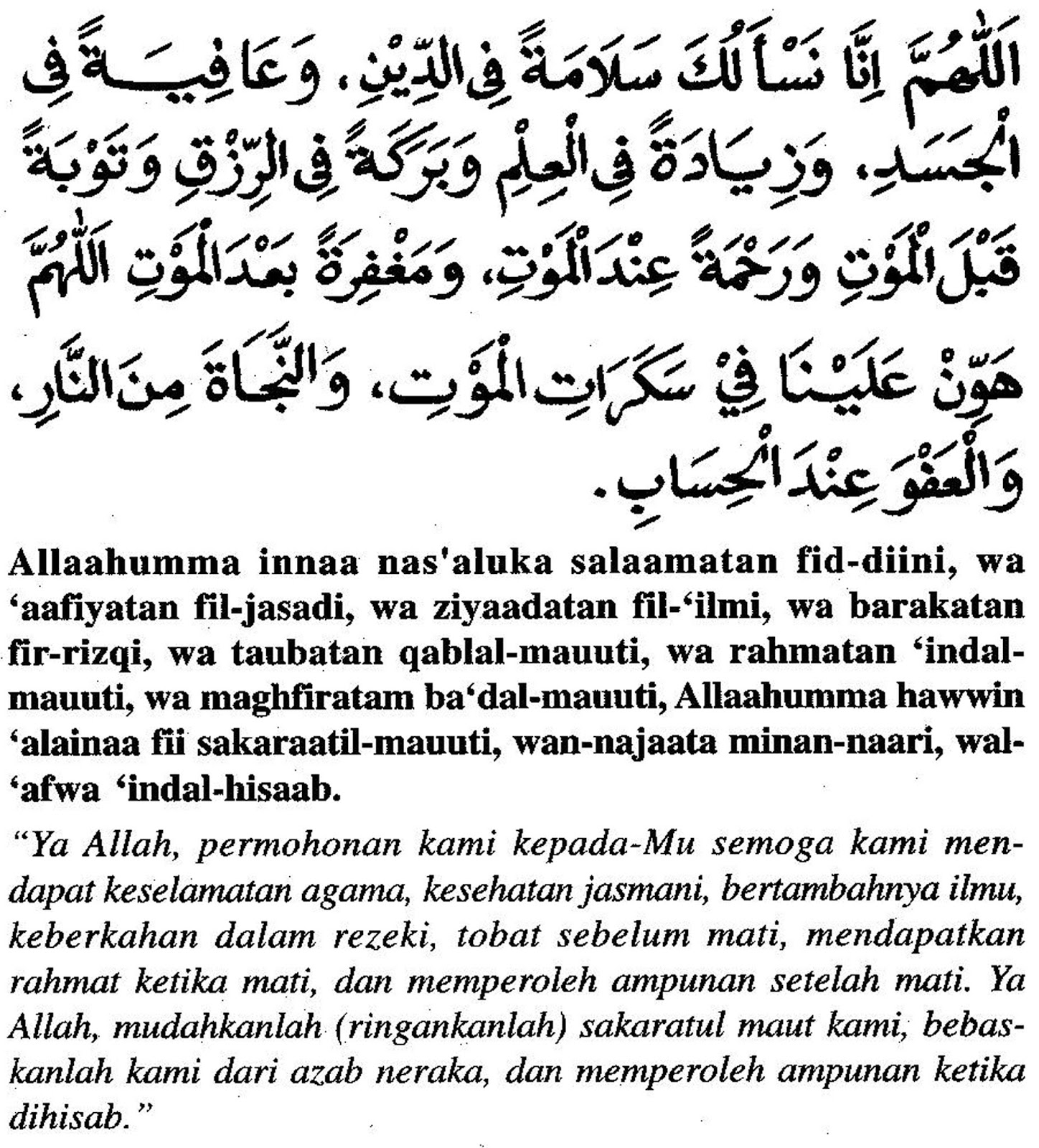Finding Serenity: A Guide to Post-Prayer Reflections
Have you ever felt like you needed a moment after a big event to just breathe and process? Like that feeling after a concert, the lights come up, and you're suddenly back in the real world. That's kind of what it's like after the five daily prayers in Islam, except instead of a buzzing crowd, it's just you and your connection with the Divine. These prayers, called "Salah" in Arabic, are a cornerstone of Muslim life, and just like you wouldn't rush out of a concert before the encore, taking a moment for reflection and supplication afterwards is an essential part of the experience.
These moments of reflection are where we engage in "dua," which means supplication or invocation, essentially heartfelt conversations with the Almighty. It's not about ticking boxes but about connecting on a deeper level. Think of it like sending a follow-up text after a great date—you're not obligated, but it shows you're invested.
The beauty of these post-prayer supplications is that they aren't bound by strict rules or a rigid script. There are, of course, recommended verses and traditional supplications passed down through generations, offering solace and guidance. But the core of it is about pouring your heart out in your own words, expressing gratitude, seeking forgiveness, or asking for guidance, strength, or even something as simple as a parking spot on a crowded day.
The history of this practice goes back to the Prophet Muhammad (peace be upon him), who emphasized the importance of dua, especially after prayer. His teachings highlight these moments as prime times when our hearts are receptive, and our connection with the Divine is strongest, making our supplications even more likely to be heard.
This practice isn't just a historical artifact; it's a living, breathing part of daily life for millions around the world. It's a reminder that even in the hustle and bustle of everyday life, we can carve out these sacred pockets of time to connect with something bigger than ourselves. It's a chance to hit pause, reflect, and recharge, emerging from our prayer rugs feeling grounded, hopeful, and ready to face whatever the day throws our way.
Benefits of Engaging in Post-Prayer Supplications
Beyond the spiritual significance, engaging in these supplications can be profoundly beneficial in our daily lives. Here are a few reasons why:
1. Cultivating Gratitude: Taking a moment after prayer to acknowledge and appreciate the blessings in our lives, both big and small, fosters a sense of gratitude. This shift in perspective can significantly impact our overall well-being.
2. Finding Peace and Solace: Life can be overwhelming, but these quiet moments after prayer offer a safe space to unload our worries, fears, and anxieties. Pouring our hearts out to the Divine, even without words, can bring a sense of calm and tranquility.
3. Seeking Guidance and Direction: We all face crossroads in life, big and small. These post-prayer moments offer an opportunity to seek clarity and guidance from a Higher Power. It's not about getting a step-by-step roadmap but rather about opening ourselves to wisdom and direction.
Action Plan: Weaving Supplications Into Your Routine
Here's a simple guide to incorporating these heartfelt conversations into your post-prayer practice:
1. Find a Quiet Corner: After completing your prayer, find a quiet spot where you can sit comfortably and gather your thoughts.
2. Begin with Gratitude: Start by expressing thanks for the blessings in your life. It could be as simple as being grateful for your health, your loved ones, or even a sunny day.
3. Pour Your Heart Out: This is your time to speak freely and honestly. Share your worries, fears, hopes, and dreams. Don't hold back.
4. Use Traditional Supplications: Incorporate verses from the Quran or traditional supplications if you wish. These can offer comfort and guidance.
5. End with Peace: Conclude your supplication by reaffirming your faith and trust in the Divine. Leave feeling a sense of peace and hope.
Tips for Meaningful Supplications
* Be sincere: Speak from the heart and let your true feelings guide your words.
* Be patient: Remember that answers to our prayers might not always come immediately or in the way we expect. Trust in Divine timing.
* Be consistent: Make it a habit to engage in these supplications regularly, even if it's just for a few minutes each day.
Engaging in supplications after the five daily prayers is more than just a religious ritual; it's a spiritual lifeline. It's a chance to hit pause, connect with the Divine, and nurture our inner selves. It's a practice that can bring solace, guidance, and a renewed sense of hope, enriching not just our spiritual lives but our daily experiences as well.
Tiktok dance craze mastering the mashup
Unveiling the mystery ram skull with flowers tattoo meaning
Spice up your projects portada de ciencias sociales preparatoria












